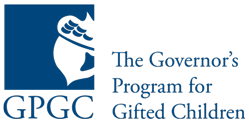Here are some reports from the teachers of each of our Composition classes for the last week in the Program. We have organized them by class:
Freshman Composition (Ms. Cecil Tate, Instructor)
On Monday of week three, the composition classes read story beginnings and practiced writing an original descriptive beginning, The next day they read “The Lady or the Tiger” and wrote their own endings. On Wednesday they volunteered to share their endings with the class, then they wrote apostrophe poems to subjects of their choice. We found a few examples of apostrophes and they were interested in the form. Thursday was another day of poetry writing. This time the students had to try to create poem using a list of words given to them. They seemed to enjoy trying to make sense out of nonsense. They also tried creating a snapshot of a friend just using words. Friday was freshman fun day.
Sophomore Composition (Ms. Stacey Simien, Instructor)
This week was all about rhetoric. We explored rhetorical devices with a fun Quizziz on iPads and through songs. We then reviewed the rhetorical appeals in advertisements. This week’s writing was an argumentative essay due on Friday.
Senior Composition (Brett Hanley, Instructor)
In Composition III, we discussed how to model plot in fiction, completed a critical analysis of a short story, completed a 100-word story, and read fiction by Amelia Gray, George Saunders, Lydia Davis, ZZ Packer, and Michael Cunningham.
Grad English (Brett Hanley, Instructor)
In English 002, we discussed key elements of flash fiction and plot, completed in-class creative and academic writing assignments, and read stories by Lorrie Moore, ZZ Packer, and Michael Cunningham.

